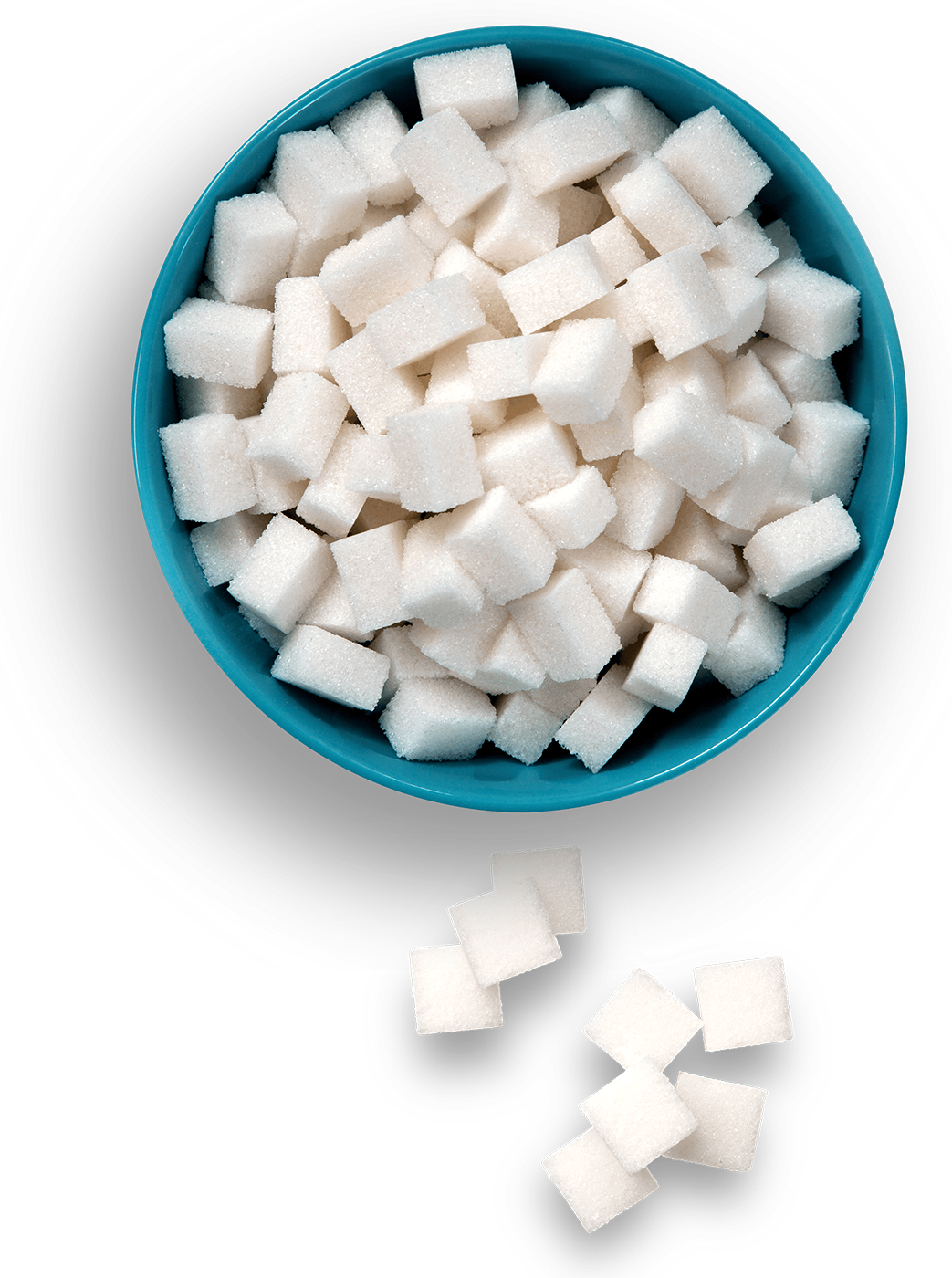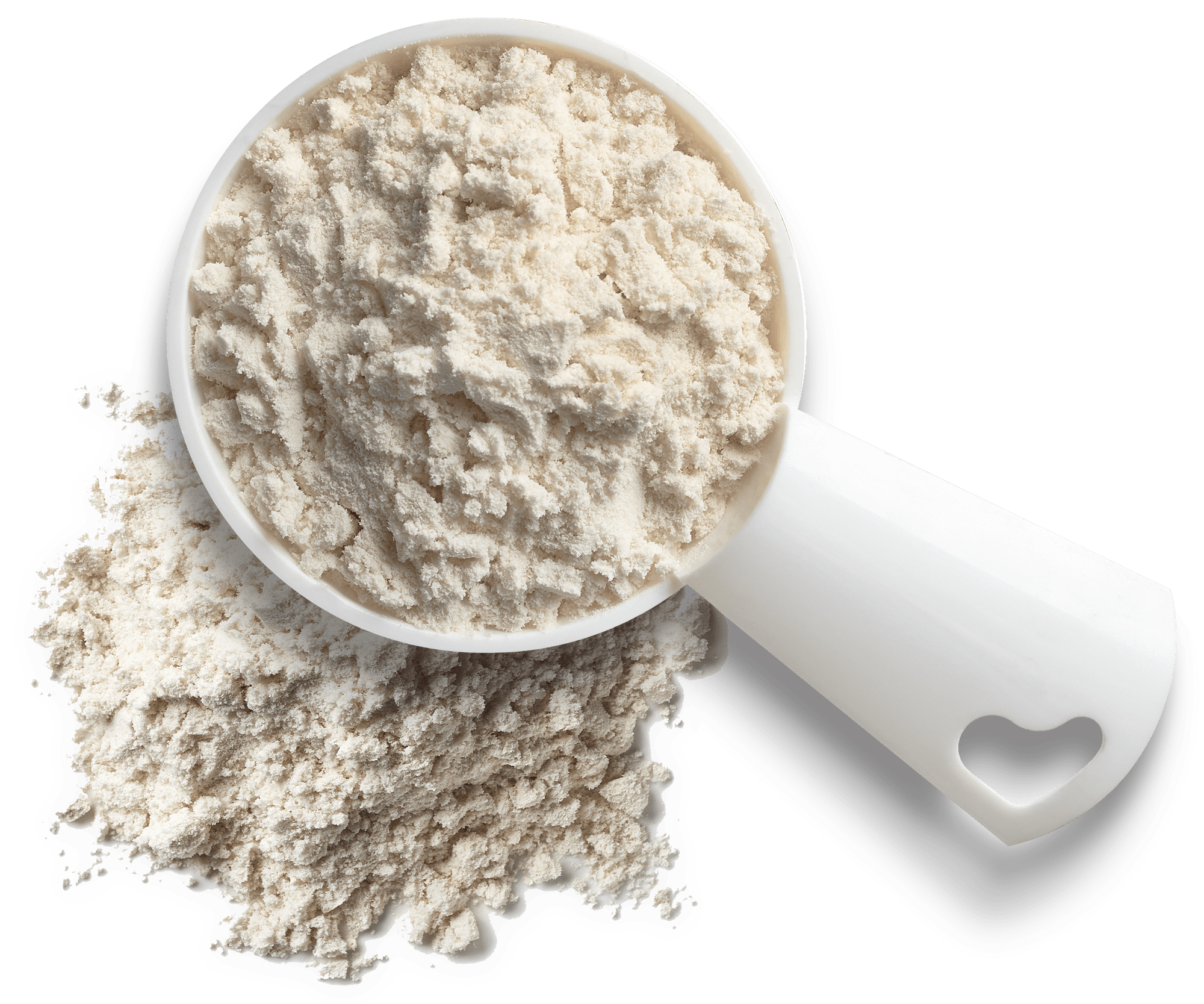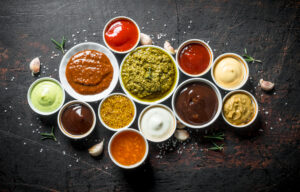While many factors combine for a small business’s success, the Brown family credit their people for making it what it is today. The family company, started by the Brown family in the mid-twentieth century, is also a family of companies, presently made up of the International Food Products Corporation, International Ingredient Corporation, and Green Field Solutions. After serving in the United States Air Force in the early 1960s, Fred Brown Sr. joined his father’s textile bag and sugar distribution companies, which he led from 1962 to 1964. A few years after his father’s passing, Fred Sr. and his mother, Marie, decided to sell the two businesses. It wasn’t until 1974 that Fred Sr. established the business and that is how The International Companies were born.

Sugar
Lemons to Lemonade
In the mid-1970s, as sugar prices rose, feed producers desperately needed a less costly sweetener for their animal feed. Fred Sr recognized a rather unconventional means to meet this need—lemonade. In 1976, Country Time Lemonade had made a significant error in its production of powdered lemonade mix. The faulty product never made it to consumers. Instead, Fred Sr. purchased the hundreds of thousands of plastic canisters of lemonade mix, which catapulted the company’s recycling business.
“I really stuck my neck out, I bought the lemonade
like I had won the lottery.” — Fred Brown, Sr.
International Food Products Corporation
As commodity markets became increasingly bullish in the mid-1970s, sugar prices reached record highs and feed companies turned to alternative feed sources like corn. Building on its expertise in sugar, the company expanded into human food ingredients, creating a division called International Food Products Corporation. In order to be a one-stop shop for its customers, IFPC expanded into starch, salt, vegetable oil, corn sweeteners, and dairy products.

Dried Whey
New Aquisitions and Technologies
The company identified dried whey, a cheese by-product high in lactose, as a critical ingredient for the healthy growth of animals. In addition to the 1983 acquisition of the Dried Whey Company with its five plants, new technologies were introduced making the process of concentrating liquid whey before drying it more economical and energy-efficient. As a result, cheese producers began recognizing their former liquid whey disposal problem could be a new revenue stream
“We will be successful as long as we keep our focus on the customer and do everything we can to serve their needs.” — Fred Brown, Sr.
International Ingredient Corporation
By 1993, sugar and dried whey functions were combined to form International Ingredient Corporation (IIC). By the end of the decade, the company had recycled more than one hundred million pounds of food by-products into ingredients for animal feed and pet foods. As IIC grew, it acquired two scrap-cheese drying plants in Minnesota in 2008 and 2001, where it processed cheese and bacon fat, produced dry powders for dog and cat food, and developed specialty ingredients for the veal and calf market.
The Business of By-Products
Increasing demand for food, coupled with limited natural resources has elevated the complexity and challenge of nurturing the global food source. The drive to meet the needs of our clients, partners, and customers, extends across every division of International Companies. In its most recent endeavor, it has developed a set of competencies that are perfectly suited to identify solutions for up-cycling food by-products into nutritious ingredients for animal feed and pet food.
“Let’s make money with things people are not using!”
— Fred Brown, Sr.
Green Field Solutions
Green Field Solutions (GFS) became the newest member of the International Companies in January 2020. The expansion demonstrates the long-term foresight of the Brown family and their continued investment in new markets. As a sustainable nutrition company, GFS is passionately committed to managing food waste and by-products more sustainably. Through advanced R&D, a wide range of low-to-no value food by-products can be transformed into valuable revenue streams. By enhancing unique nutritional characteristics and capitalizing on new markets and opportunities, our team of animal nutritionists and market experts are responsible for many food industry innovations, bold new projects, and game-changers in up-cycling a full range of products, including cheese, dairy, chocolate, and candy, bakery meal, brewer’s yeast, and oils and meats.




